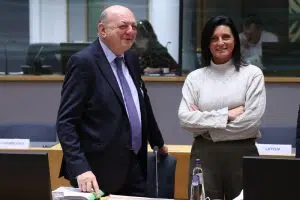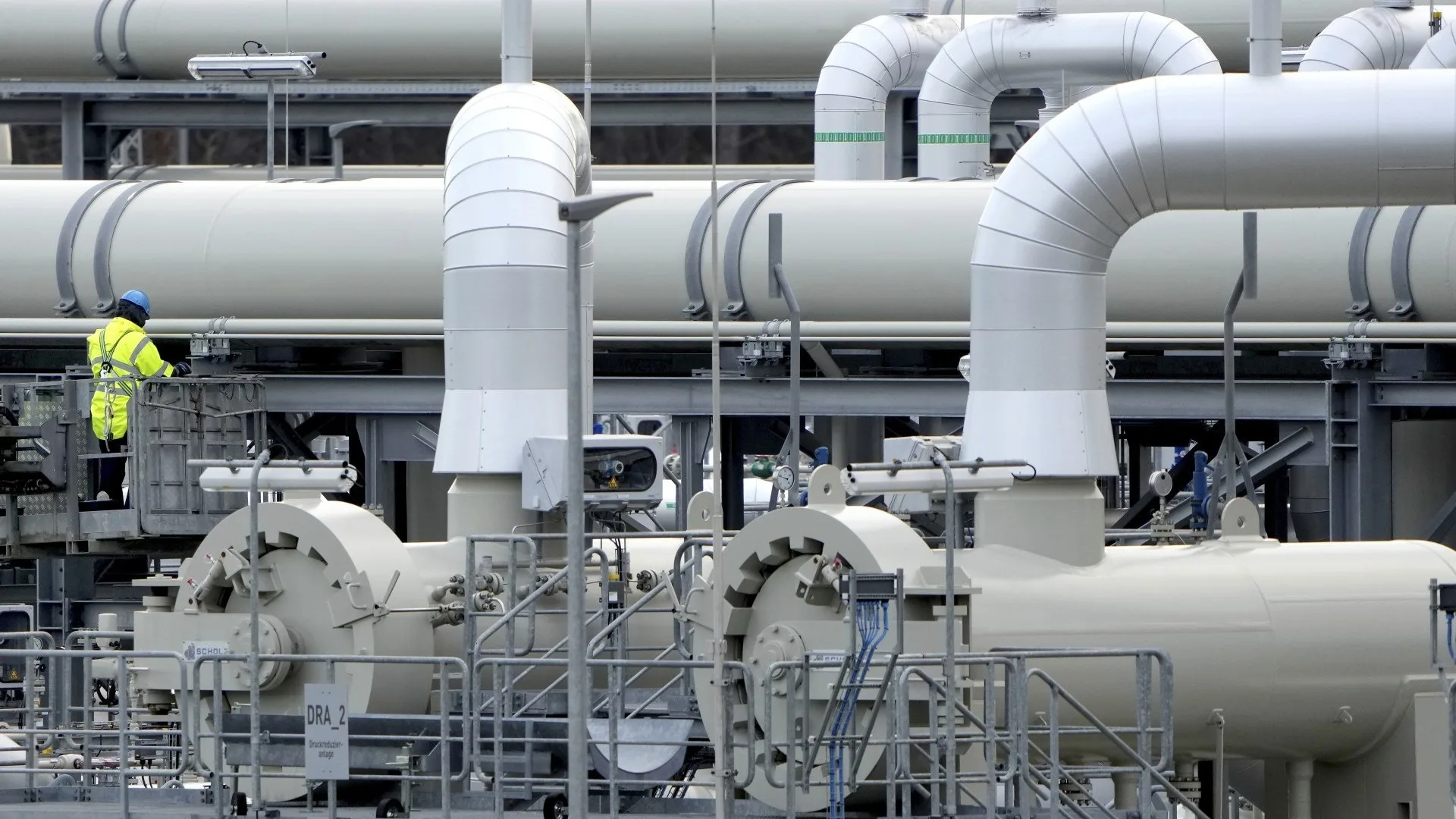Brussels – Solidarity measures for gas, price cap for gas, and accelerated authorizations for renewables: European energy ministers will meet tomorrow (Dec. 19) at the EU Council in Brussels to decide whether to extend for an additional 12 months the key emergency energy measures introduced last year at the height of the energy crisis triggered by Russia’s invasion of Ukraine. All three measures, albeit with different timeframes, are due to expire in the coming weeks, so European energy ministers are being called upon to make a decision. Vannia Gava, Deputy minister for the environment and energy security, will represent Italy in Brussels.

Acknowledging that “the situation in the European energy market is safer than it was 12 months ago,” the European Commission on Nov. 28 proposed this extension to further strengthen the security of gas procurement and enhance the market resilience. The Ministers will consider all the emergency legislation introduced during the energy crisis through Article 122, which avoids passing through the European Parliament and providing an absolute majority vote in the EU Council.
From price cap to renewable permits
After being in the news and the center of political debate in Brussels for months as a response measure to gas price spikes driven by Russia’s war in Ukraine, the text of the Market Correction Mechanism regulation came into force on February 15 with a 12-month duration and will expire next Feb. 1.
Since it entered into force, the criteria and thresholds for triggering the price cap on gas have never occurred and therefore it has never been activated, but it has helped as a deterrent by lowering gas prices. The price cap is supposed to be triggered when the price of gas in the Dutch TTF market exceeds 180 euros per Megawatt-hour for 3 working days and when the monthly TTF price is 35 euros higher than the reference price of LNG in global markets for the same three working days. Although prices now hover around 45 euros/MWh, according to the European Commission, the “market remains fragile and has experienced several episodes of significant volatility in recent months.”
In contrast, the gas solidarity package established the legal basis for joint purchases and is due to expire on December 30. The European Commission has proposed to the Colegislators to make the joint procurement mechanism structurally part of the gas market decarbonization package, on which European Colegislators reached an agreement in recent weeks to introduce joint procurement as a structural, albeit voluntary, element.
Finally, emergency measures on renewable energy permits were introduced to shorten and speed up the permitting process for renewable energy projects and will expire on June 30, 2024. The regulations require permitting to take no longer than three months for solar power plants, six months for repowering of renewable energy power plants, one month for heat pump plants of less than 50 MegaWatts, and three months for geothermal heat pumps. Since “renewable energies have proven to be the cheapest of all energy sources during the crisis, the extension of this rule will support the security, affordability and sustainability of the EU’s energy supplies,” the EU said. Obtaining a green light to the extension requires a qualified majority in the Council, or when 55 percent of member states (15 out of 27 countries) representing 65 percent of the total EU population vote in favor.
English version by the Translation Service of Withub




